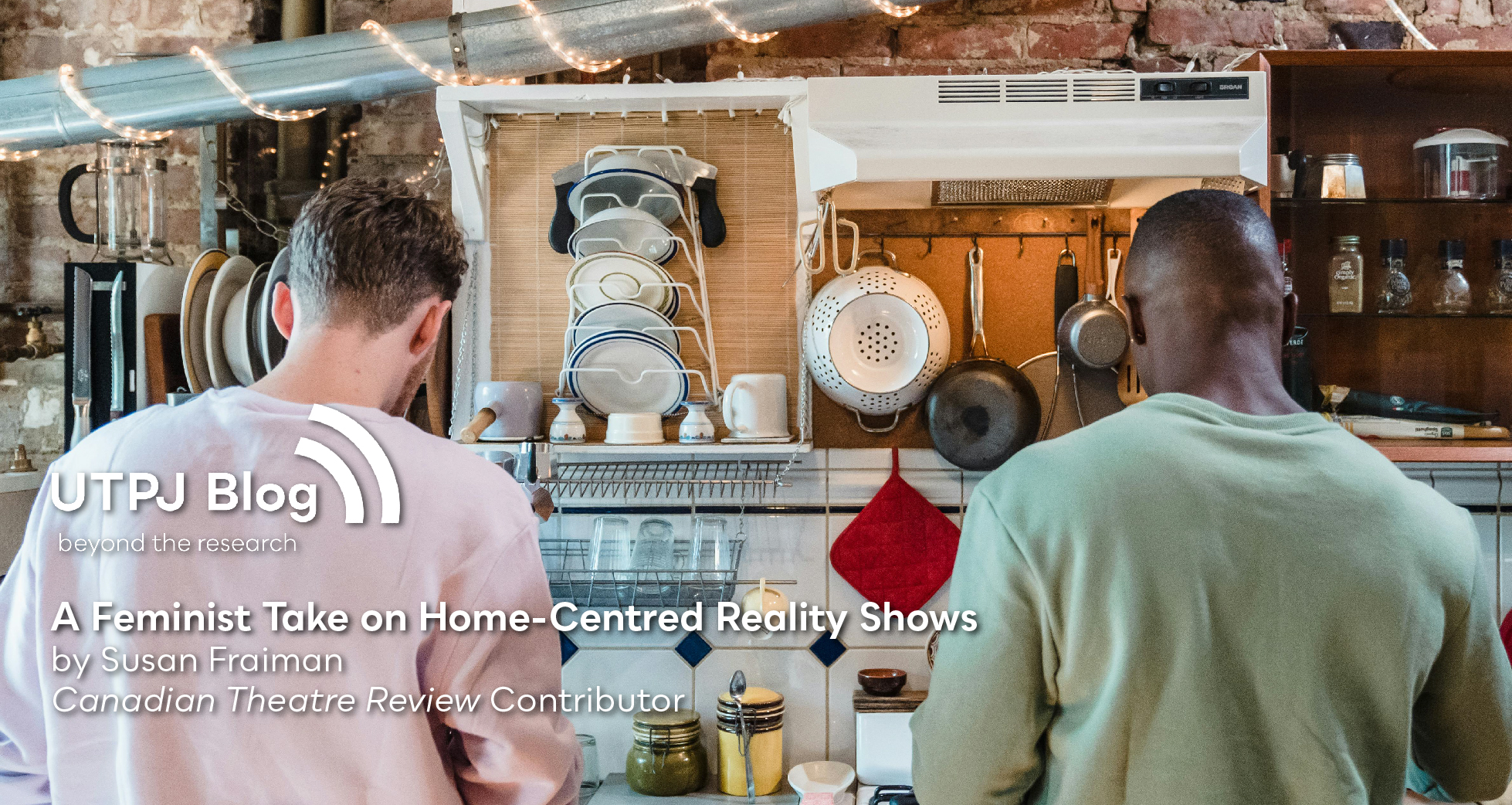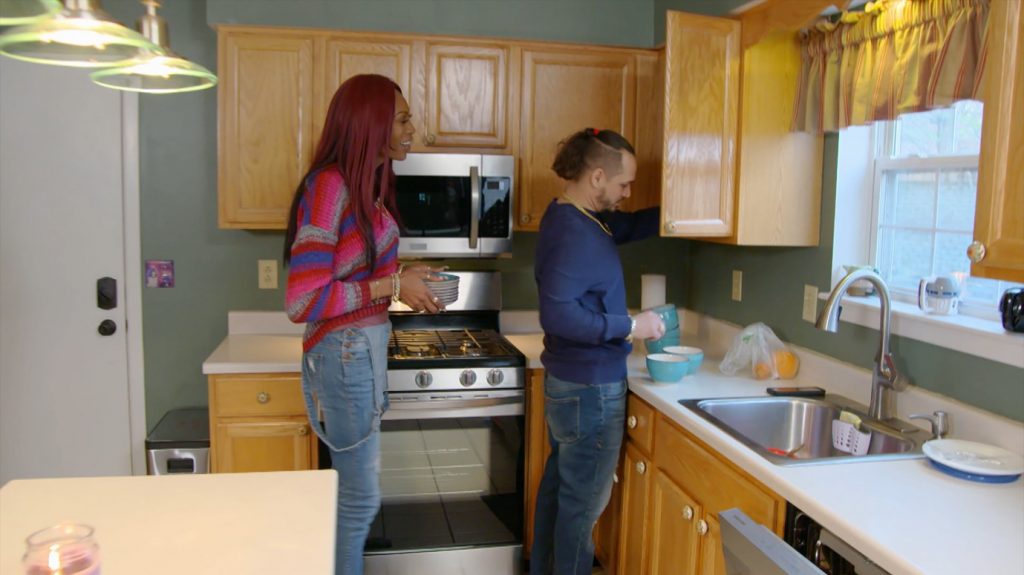
Written by guest blogger Susan Fraiman.
I’m an English professor whose areas of specialty include Jane Austen, the history of the novel, and gender studies. Yet recently I’ve been writing about contemporary television: dramadies like Girls, Insecure, and Broad City; the survival reality series Alone; and even those formulaic reality shows focused on buying and/or renovating real estate. What could possibly motivate a nosedive from the likes of Emma, not just to a low-brow medium like TV, but all the way down to the trashy depths of HGTV’s House Hunters?
Needless to say, the contrast between Austen’s elegant wit and the banalities uttered on House Hunters is extreme:
Realtor: What about location?
Wife: Well, I work downtown, so I’d like to be nearby.
Husband: But outside the city is better for our dog. Plus, it’s quieter.
Wife: I really can’t deal with a long commute.
Realtor: I see (sigh).
At a thematic level, however, Austen’s realist novels and HGTV’s reality franchise actually have a good deal in common. What draws me to both is their depiction of the micro-dramas of everyday life. Both genres take up the chit-chat, daily routines, mundane objects, and intimate ties situated, for the most part, inside of houses.
These things interest me personally. I am fascinated by how we relate to one another. I take pleasure in small gestures aimed at domestic order and beauty. I confess to a weakness for house porn. But how, we might ask, does House Hunter’s rampant consumerism and fixation on homemaking square with my progressive values and, in particular, with my feminism? I’d be the first to admit that the show’s very premise ignores the fact that many in the US struggle to pay rent, much less invest in real estate. The view of home ownership as “normal” is no longer true; for many, it never was. Problematic, too, is a narrative equating happiness with property. (Most of Austen’s novels might be said to do the same.)
 In their new home, Dominque and Edwin take pleasure in small domestic tasks.
In their new home, Dominque and Edwin take pleasure in small domestic tasks.
At the same time, I would defend the show’s pursuit of homeyness on several grounds. I resist the common assumption that everything domestic is intrinsically boring and conventional. In fact, homes are dynamic, labour-intensive, and widely various. Some may protect, while others confine. Some are relatively stable, others makeshift and precarious. Some connote respectability; others carry a stigma. In Extreme Domesticity: A View from the Margins, I underlined the diversity of domestic arrangements and affirmed the work that goes into making and maintaining them. Shouldered primarily by women, the jobs of cooking, cleaning, and caring are what keep us alive from day-to-day. And yet, unpaid or poorly-paid, this labour is hardly recognized as such.
The coding of domestic concerns as “feminine” is what underpins the tendency to trivialize if not ignore them. So one laudable aspect of House Hunters is its reframing of household matters as substantial, worthy, and necessary. Another is the further step of not only valuing but also de-gendering them. Unlike centuries of housekeeping manuals, the show’s protagonists and audience include men as well as women. As I note in “HGTV’s House Hunters and the Right to Coziness,” “The little things that happen in houses are made paramount for male and female viewers alike.” There is another way, too, that House Hunters and its ilk have long been inclusive. Well ahead of the curve, home-centred reality shows have regularly featured interracial and queer couples. Instead of being marked as special, they simply swell the throngs of those in hot pursuit of double sinks and a walk-in closet. Recognizing ways that we are different, such shows also affirm what we share: the wish to feel “at home,” the urge to exert ourselves in shaping a place to dwell.

SUSAN FRAIMAN is Professor of English at the University of Virginia. Her most recent book is Extreme Domesticity: A View from the Margins (Columbia UP, 2017). Recent articles include “Memory Work and Dirty Work: Writing the Labor of Elder Care” (New Literary History), “Realism’s Gender Wars: The Masculinity Effect in Late Realist Fiction and Reality TV” (American Literary History), and “Bathroom Realism and the Women of Cable TV” (Signs: Journal of Women in Culture and Society).
“HGTV’s House Hunters and the Right to Coziness” was published in Canadian Theatre Review 191: Performance & Housing and is Free to Read until March 18th.
Comments on this entry are closed.